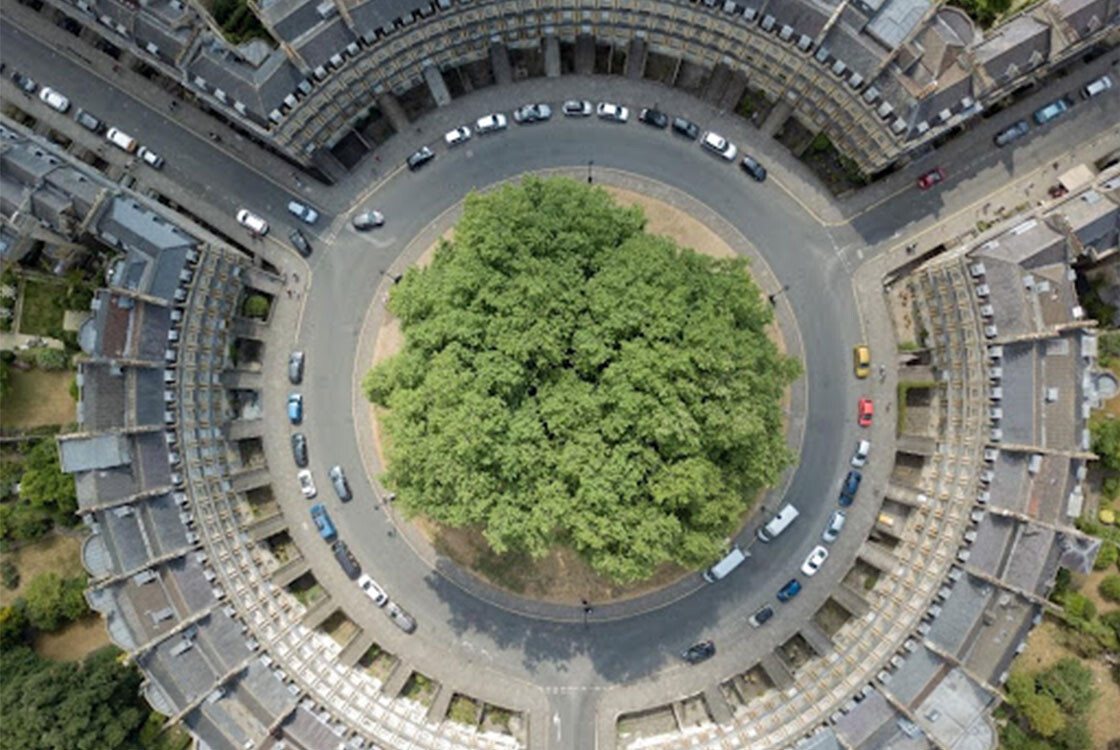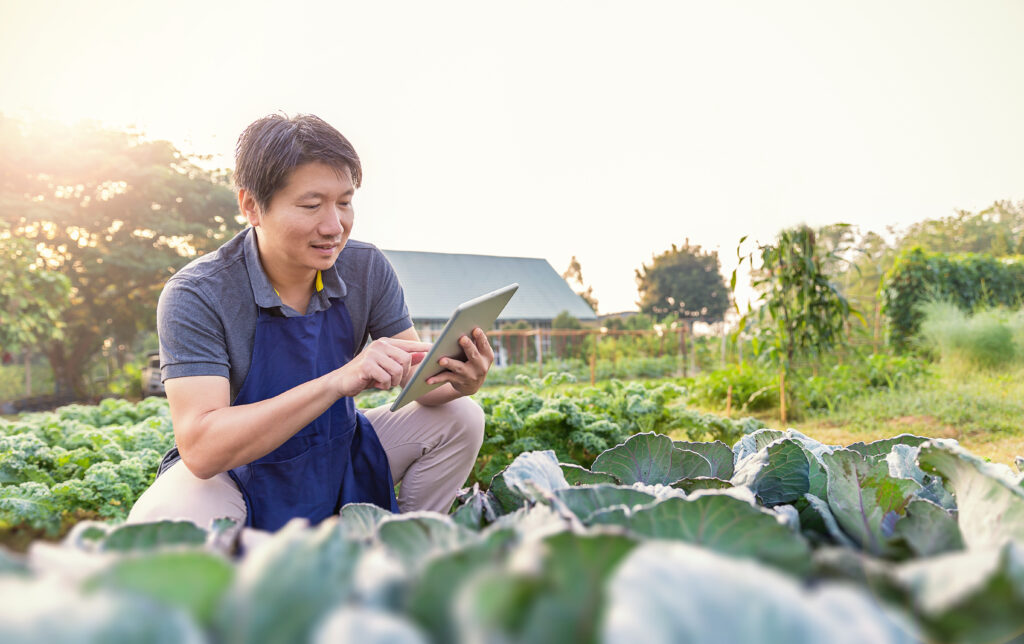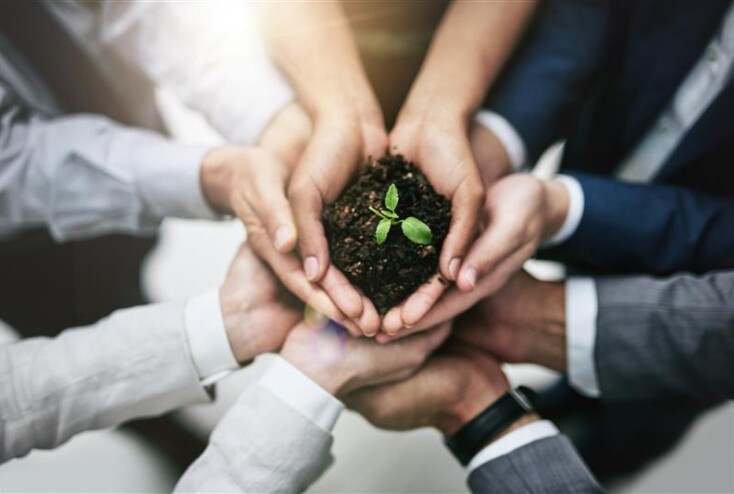Accenture’s Circular Advantage analysis uncovered five circular business models, which could be pursued on their own or in combination, to reap the benefits of going sustainable.
The Circular Supplies model relies on renewable, recyclable or biodegradable materials. It decreases businesses’ reliance on limited and costly resources, reduces waste and removes inefficiencies. This is suitable for companies that leave a sizable environmental footprint or those that deal with scarce commodities. Producers of personal care items, for instance, could skip the harmful chemicals and phosphates in favour of natural ingredients to create biodegradable soap and shampoo.
The Resource Recovery model is all about recycling and upcycling1. It minimises waste by funnelling it back into another product’s lifecycle and cuts companies’ disposal costs. This business model is great for companies that generate high amounts of by-products or those that can easily recover and reprocess waste. For instance, SMEs in the food and beverage industry could give their food wastes to companies that can turn these into renewable energy.
The Product Life Extension model focuses on prolonging product life cycles through upgrades, repairs, remanufacturing or remarketing. This extended use brings companies additional revenue and diverts waste away from landfills. This works well for SMEs in markets where pre-owned products are common such as those that make clothes, accessories and furniture.
If you have ever hailed a Grab or an Uber, then you would have seen the Sharing Platforms model in action. This business model hinges on having a space where users could share resources, thereby maximising the utilisation of typically underutilised products or services.
Lastly, through the Product as a Service model, customers share products through pay-for-use or lease agreements and companies are incentivised to keep their equipment running smoothly. This could be a win for businesses, users and the planet. If high-end washing machines were leased instead of sold, for instance, they would be accessible to more households, manufacturers would earn about a third more and customers would save about a third per wash cycle. Fewer resources would also need to be extracted to manufacture new washing machines as a single unit could be shared among many users. This is a good model for businesses with products that are expensive to operate and whose maintenance require specialised skills that their customers are unlikely to have.
To capitalise on these opportunities however, SMEs must make some very important changes. In the second part of this series, we discuss the five crucial shifts businesses will need, the supporting governmental policies and grants available as well as financing options.
1 Recycling entails breaking a product down and reusing its components. Upcycling is a specific form of recycling that maintains the material’s state but augments it to make something new.







